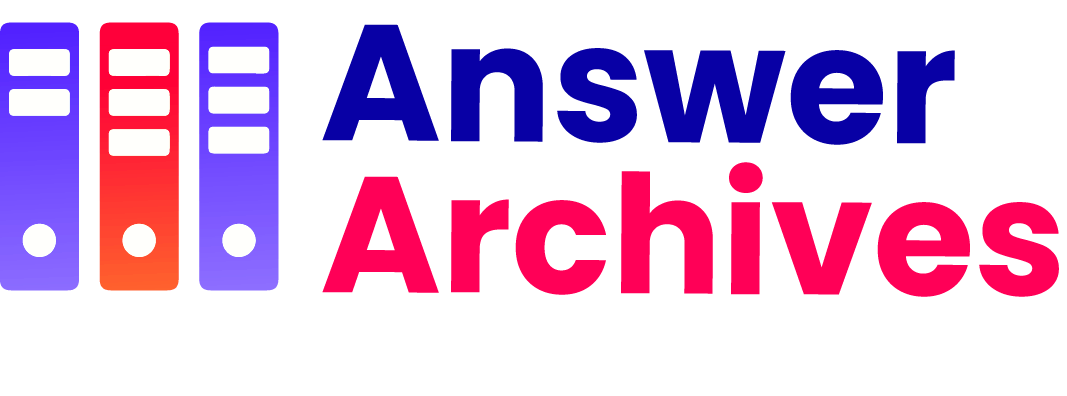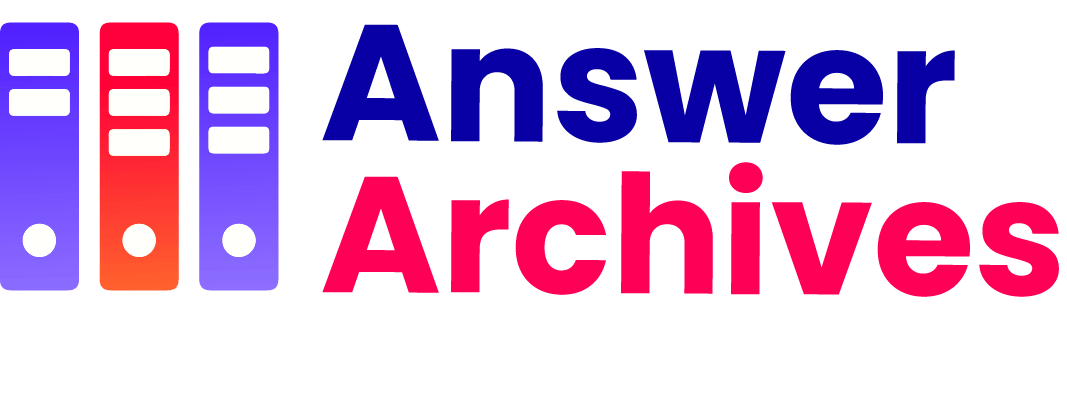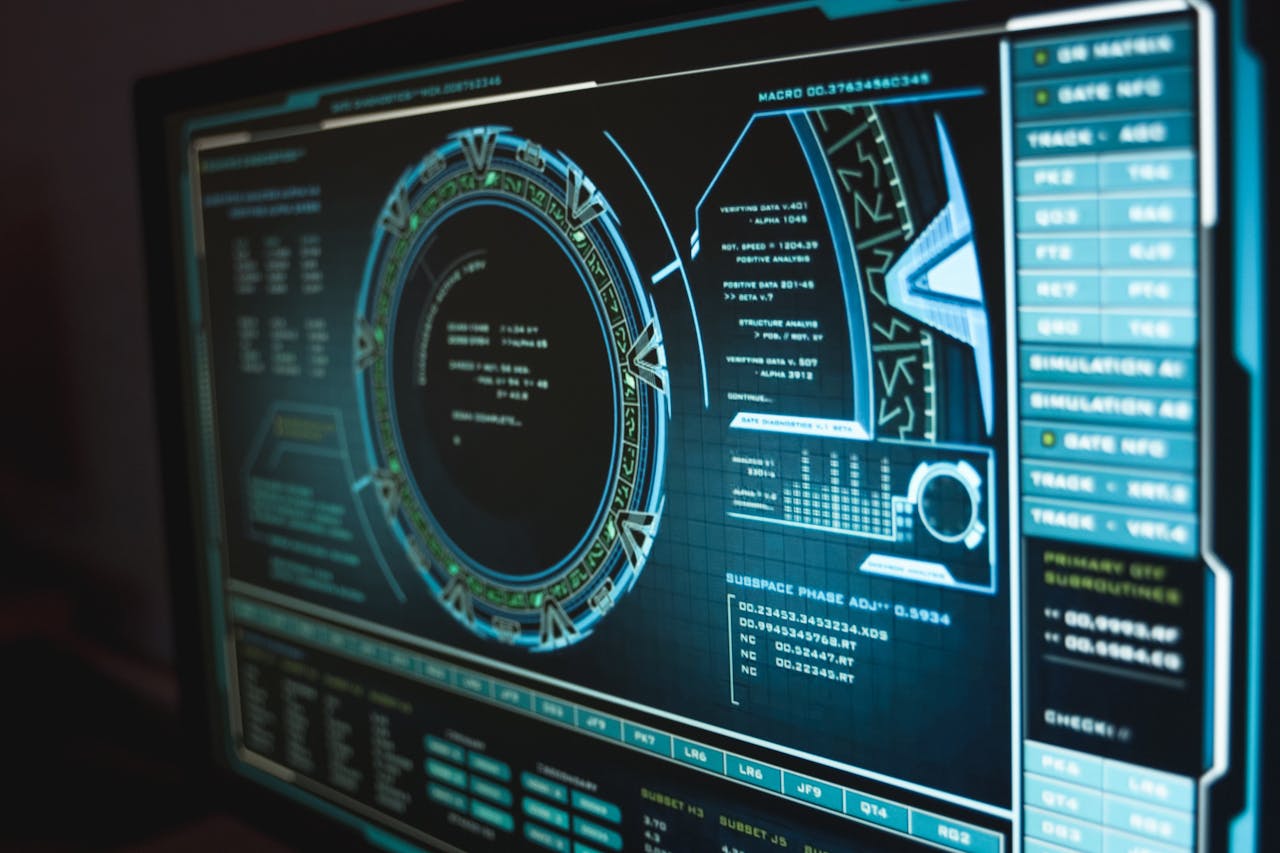Table of Contents
In the digital age, the twin realms of advanced cybersecurity and innovative marketing automation are critical to safeguarding data and optimizing business strategies. Understanding these fields propels organizations forward.
Understanding Advanced Cybersecurity Education
The ever-evolving threat landscape in today&8217;s digital world necessitates a robust understanding of cybersecurity. Advanced cybersecurity education equips professionals with critical skills to counter sophisticated cyber threats. Courses often delve into subjects like network security, cryptography, and ethical hacking. They also include hands-on training through simulations and labs to provide real-world experience. Additionally, educational programs emphasize the importance of staying updated with the latest developments in cyber threats and defense mechanisms. Such education is vital for sectors ranging from finance to healthcare, where data breaches can have catastrophic consequences. By investing in advanced cybersecurity education, organizations ensure their teams are not only reactive but proactive in their defense strategies.
Key Components of Cybersecurity Training Programs
Advanced cybersecurity training programs are built on several foundational components. First, theoretical knowledge forms the backbone, covering areas such as information assurance and security policies. Second, technical skill development through practical exercises, such as penetration testing and vulnerability assessments, is crucial. Third, incident response training helps professionals learn to effectively manage and mitigate breaches if they occur. Moreover, cybersecurity ethics, compliance, and legal aspects are integral, ensuring that professionals adhere to laws and maintain integrity in their practices. By focusing on these core components, training programs provide a comprehensive learning experience that prepares cybersecurity professionals to tackle a variety of challenges in the field.
The Role of Certification in Cybersecurity Careers
Certifications play a pivotal role in cybersecurity careers, acting as a testament to a professional&8217;s knowledge and expertise. Recognized certifications like CompTIA Security+, Certified Information Systems Security Professional (CISSP), and Certified Ethical Hacker (CEH) are often prerequisites for many cybersecurity roles. These certifications not only validate technical skills but also demonstrate a commitment to the profession. In addition, they provide a competitive edge in the job market, often leading to higher salary prospects and better career opportunities. Employers regard certified individuals as reliable and competent professionals who can effectively safeguard their digital assets. Continual learning and recertification ensure that cybersecurity experts remain updated with the evolving threat landscape.
Exploring Marketing Automation: An Overview
Marketing automation refers to the use of software platforms and technologies to streamline, automate, and measure marketing tasks. This allows businesses to increase operational efficiency and grow revenue faster. Marketing automation tools can manage myriad functions such as email marketing, social media posting, and customer segmentation. By automating repetitive tasks, marketers can focus more on strategy and creative work. Additionally, these tools provide invaluable analytics and insights, helping businesses understand customer behavior and optimize their marketing efforts. In essence, marketing automation translates into more personalized and timely communication with customers, ultimately enhancing the overall customer experience and fostering loyalty.
Benefits of Integrating Marketing Automation in Business Strategy
Integrating marketing automation into business strategies offers numerous benefits. It ensures consistent messaging across various channels, enhancing brand coherence and customer engagement. By automating routine tasks, companies can significantly save time and resources. The data and analytics provided by these tools help in understanding customer preferences and behaviors, allowing businesses to tailor their marketing efforts effectively. This targeted approach not only improves conversion rates but also boosts customer retention. Additionally, marketing automation supports lead nurturing by providing timely, relevant information to potential customers, thus smoothing the pathway to purchase. Overall, it fosters a more strategic and efficient marketing process that aligns closely with business goals.
Popular Marketing Automation Tools and Their Features
Numerous marketing automation tools are available, each offering a range of features to meet diverse business needs. For instance, HubSpot provides comprehensive solutions for email marketing, social media management, and customer relationship management (CRM). Marketo, another popular tool, excels in lead management, email marketing, and analytics. Mailchimp is renowned for its user-friendly interface and robust email marketing capabilities. Pardot, part of the Salesforce ecosystem, offers advanced lead nurturing tools and CRM integration. These tools often come with features like A/B testing, analytics dashboards, and integration capabilities with other software, enabling businesses to create cohesive and data-driven marketing strategies. Choosing the right tool depends on specific business needs and objectives.
Future Trends in Cybersecurity and Marketing Automation
The future of cybersecurity and marketing automation is intertwined with advancements in artificial intelligence (AI) and machine learning (ML). In cybersecurity, these technologies will enhance threat detection and response through predictive analytics and autonomous systems. AI-driven cybersecurity solutions can identify anomalies and potential threats faster than human analysts, allowing for quicker mitigation. In marketing automation, AI and ML will enable more precise customer targeting, personalized content delivery, and predictive analytics, forecasting buyer behavior and optimizing marketing strategies. Additionally, the integration of AI with Internet of Things (IoT) devices presents new opportunities and challenges for both cybersecurity and marketing automation, necessitating continuous innovation and adaptation.
Conclusion
As we traverse the cyber frontiers, advanced cybersecurity education and cutting-edge marketing automation emerge as pivotal elements in this digital era. Cybersecurity education equips professionals with essential skills to counter sophisticated threats, while certifications validate their expertise and enhance career prospects. On the other hand, marketing automation streamlines operations, enhances customer engagement, and provides valuable insights for strategic decision-making. The convergence of these fields facilitated by AI and ML heralds a future marked by innovation and efficiency. For businesses and professionals alike, understanding and integrating these domains are crucial for staying competitive and secure in an increasingly digital world. Investing in these areas not only safeguards assets but also drives growth and success.


